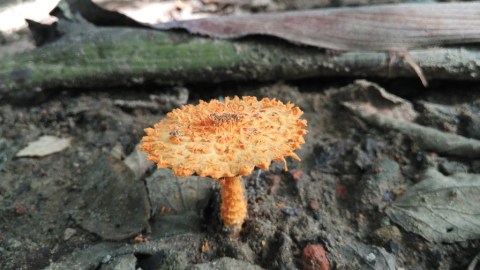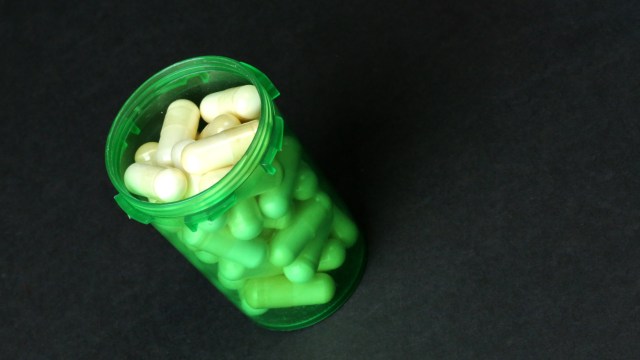Which U.S. state will be the first to legalize shrooms?

It was nice to read that Jersey City has become the first city in the state to decriminalize marijuana. Having grown up in New Jersey, and having lived in Jersey City for nine years, I recall the constant paranoia I’d feel walking from the PATH train to my various apartments near Journal Square, Exchange Place, and Grove St. Is the smell seeping out of my backpack? Am I being tailed by that security officer? Such fear does not help in enjoying the actual experience of the plant.
Fortunately, I was never arrested… which is not true for many marijuana users. I remember visiting Amsterdam in 2000 (I lived in Jersey City at the time), walking into a shop to purchase marijuana, sitting down at a table, and enjoying a joint alongside a cup of hash hot chocolate. The entire experience felt not only natural but civil; here is a culture that supports the simple pleasure offered by plants.
During that trip, I purchased psilocybin just as casually. Of course, “magic mushrooms” are unfairly thrown into the same batch as marijuana, LSD, ayahuasca, and MDMA. All of these substances have different (though sometimes related) interactions inside of the human body and should be treated as such. While marijuana gets the lion’s share of attention, there are groups advocating for the legalization of mushrooms. Given current social trends, we might soon see this reality.
Denver For Psilocbyin is hoping to get the decriminalization of mushrooms on the ballot in 2019. Besides working for the therapeutic use of psilocybin in treating addiction and depression, their platform includes a broader application, including a directive to “exercise cognitive liberty and explore their consciousness.” The lines between specific clinical usages and general overall wellness are being blurred, and for psychedelic advocates, this is the point: you can’t be healthy without all of your systems working optimally.
Sickness is an imbalance, but the lines are relatively dependent upon the individual; being proactive in your health is in large part what staves off potential mental and emotional ailments. Our current model—get sick, take a pill—does not address long-term chronic problems that only become known after years or decades. Depression and anxiety don’t just happen one day. Just as exercise and good diets are common prescriptions, psychedelics can be integrated as an occasional boost to your outlook.
Or, when needed, substances like psilocybin can be useful for targeted problems. We’re seeing that it helps cancer patients feel less distress, helping addicts, and is having a profound effect on the depressed. The less stigmatized substances like this become, the more we’ll know just how broad an application it has.
Oregon is also stepping into the spotlight in this movement. A 2017 bill passed by the legislature moved toward decriminalizing heroin, cocaine, and a host of other substances, including psychedelics. The governor signed it shortly afterward, making these drugs a misdemeanor instead of a felony. Baby steps, perhaps, but steps in the right direction.
While Denver is aiming for 2019, the Oregon Psilocybin Society has its sights trained on 2020. The group’s specific goal is to better understand the treatment of mental health disorders by using this longtime ritualistic drug that bound societies together under the guidance of a spiritual leader. Outlook matters here too, though 76 percent of respondents in this 2016 study reported that even a bad psilocybin trip resulted in a net positive. (I concur; eating a bit too much can be overwhelming and frightening, but each time it happens you gain perspective and come out the other side invigorated.)
Intention matters as well. Treating psilocybin as a party drug can result in unexpected and unwanted effects. In the sixties, Timothy Leary advocated for widespread dissemination of psychedelics. While he offered disclaimers, the hype was louder than the science, resulting in the criminalization of psychedelics broadly.
We have an opportunity to change that now. While we’re not sure what state will step into that role first, one thing is certain: one of them is going to. As with the marijuana industry, you’re going to see a whole new world of psychedelics blossom before our eyes.
—





